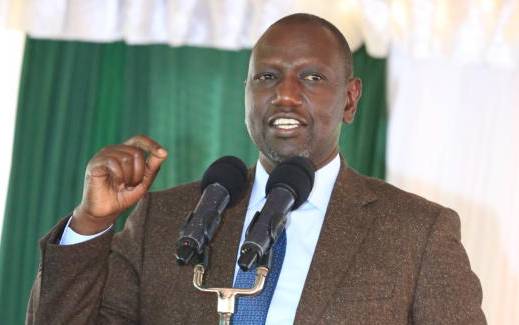×
The Standard e-Paper
Join Thousands Daily

Deputy President William Ruto. [File, Standard]
Deputy President William Ruto has said the Constitution has the provision for fielding multiple questions in a referendum contrary to the arguments of the campaigners of law changes.